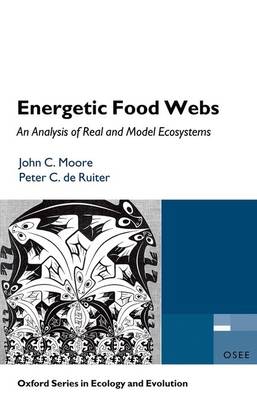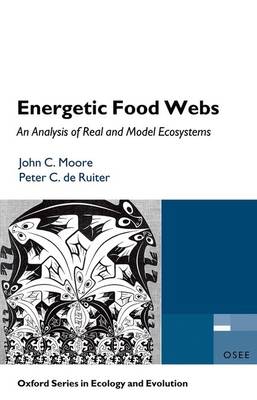
- Retrait gratuit dans votre magasin Club
- 7.000.000 titres dans notre catalogue
- Payer en toute sécurité
- Toujours un magasin près de chez vous
- Retrait gratuit dans votre magasin Club
- 7.000.000 titres dans notre catalogue
- Payer en toute sécurité
- Toujours un magasin près de chez vous
185,95 €
+ 371 points
Format
Description
In ecosystems with many species, food webs form highly complex networks of resource-consumer interactions. At the same time, the food web as itself needs sufficient resources to develop and survive. So in fact, food web ecology is about how natural resources form the basis of biological communities, in terms of species richness and abundances as well as how species are organised in communities on the basis of the resource availability and use. The central theme of this book is that patterns in the utilisation of energy result from the trophic interactions among species, and that these patterns form the basis of ecosystem stability. The authors integrate the latest work on community dynamics, ecosystem energetics, and stability, and in so doing attempt to dispel the categorisation of the field into the separate subdisciplines of population, community, and ecosystem ecology. Energetic Food Webs represents the first attempt to bridge the gap between the energetic and species approaches to ecology.
Spécifications
Parties prenantes
- Auteur(s) :
- Editeur:
Contenu
- Nombre de pages :
- 352
- Langue:
- Anglais
- Collection :
Caractéristiques
- EAN:
- 9780198566182
- Date de parution :
- 26-07-12
- Format:
- Livre relié
- Format numérique:
- Genaaid
- Dimensions :
- 236 mm x 160 mm
- Poids :
- 725 g







